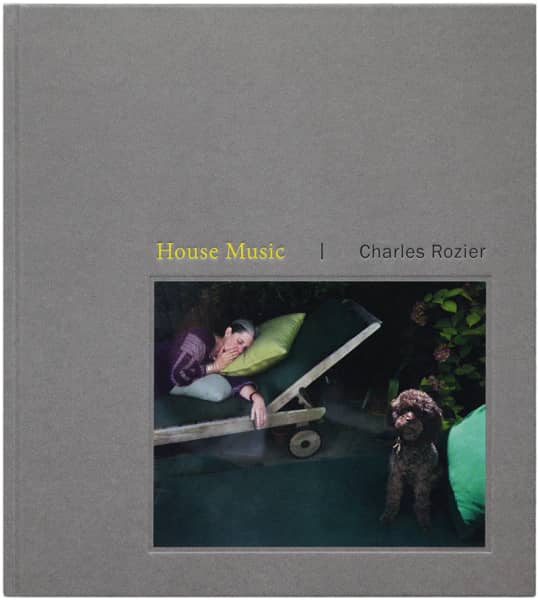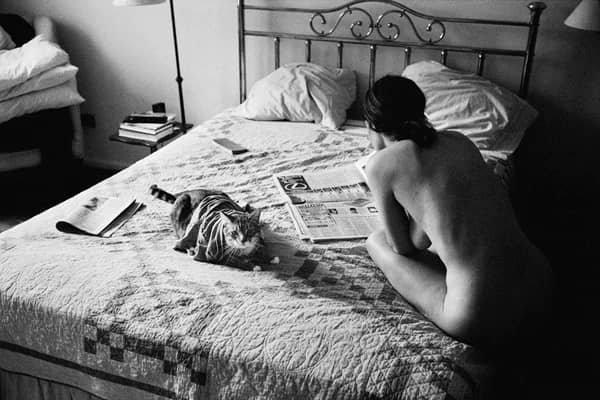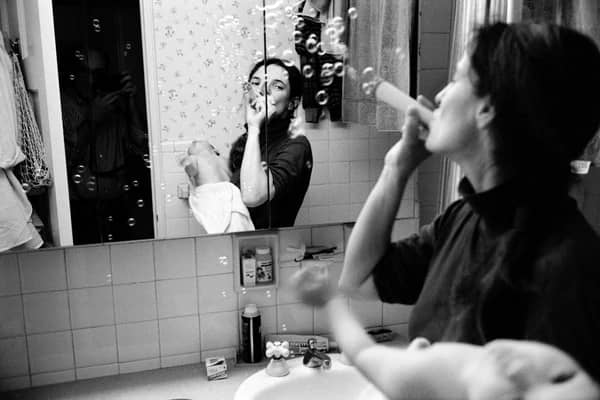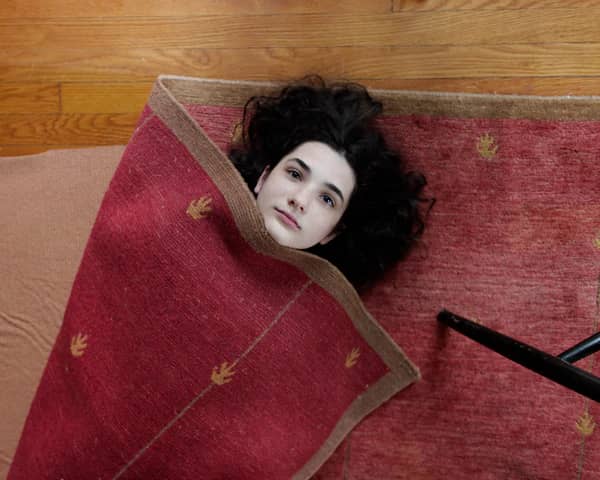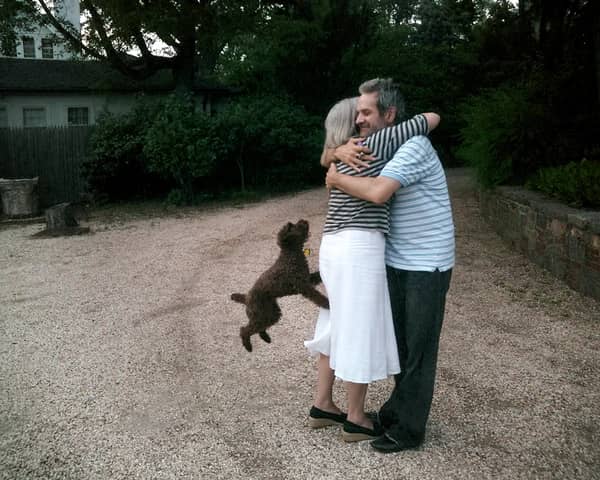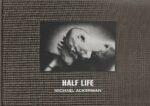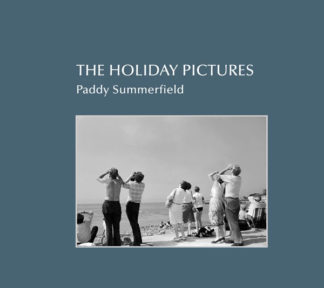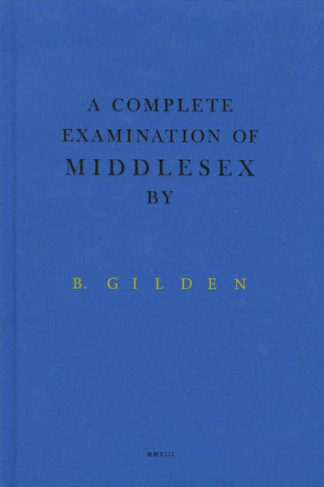Lorsqu’on lui a demandé ce qu’il souhaitait transmettre dans sa poésie, Robert Lowell a dit un jour : « Je veux vous briser le cœur. » Ce livre n’est rien d’autre que déchirant, mélancoliquement nostalgique et poignant, déchirant de la façon dont le passage inexorable du temps, avec ses pertes et ses récupérations inévitables, peut être déchirant.
En près de trente ans, House Music retrace des moments apparemment quotidiens de la vie de plusieurs générations de la famille élargie du photographe.
Se formant en tournant l’objectif de son appareil photo vers ses proches : «Charles Rozier apporte la sensibilité d’un photographe de rue à son propre cadre domestique. Il s’agit d’une œuvre qui transcende les conventions et les particularités des circonstances propres à Rozier pour créer une histoire qui parle à l’expérience universelle.
House Music souligne l’étrangeté du quotidien en présentant une série de tableaux soudain significatifs encadrés par la scène d’un environnement ordinaire. Les circonstances et la familiarité ont rendu le photographe invisible – en très peu d’images nous voyons une reconnaissance de ses actions par ses sujets – mais nous sommes profondément conscients de sa présence. Bien que Rozier ne figure pas sur ces images, House Music est un autoportrait. C’est aussi un livre sur les débuts et les fins, sur une longue génération où tout a changé, y compris le photographe lui-même. – Alison Nordström
Asked what he wished to convey in his poetry, Robert Lowell once said “I want to break your heart.” This book is nothing if not heart breaking, heartbreakingly wistful and poignant, heartbreaking in the way that the inexorable passage of time, with its inevitable losses and recuperations, can be heartbreaking.
Spanning almost thirty years, House Music chronicles seemingly quotidian moments in the lives of multiple generations of the photographer’s extended family.
Training the camera on those closest to him: ‘Charles Rozier brings the sensibility of a street photographer to his own domestic setting. This is a body of work that transcends convention and the particularities of Rozier’s own circumstances to create a story that speaks to universal experience.
House Music underscores the uncanny in the everyday, presenting a series of suddenly meaningful tableaux framed by the stage of ordinary surroundings. Circumstance and familiarity have made the photographer invisible – in very few images do we see any recognition of his actions by his subjects – but we are deeply aware of his presence. Though Rozier does not appear in these images, House Music is a self-portrait. It is also a book about beginnings and endings, over a long generation in which everything has changed, including the photographer himself.’ – Alison Nordström

